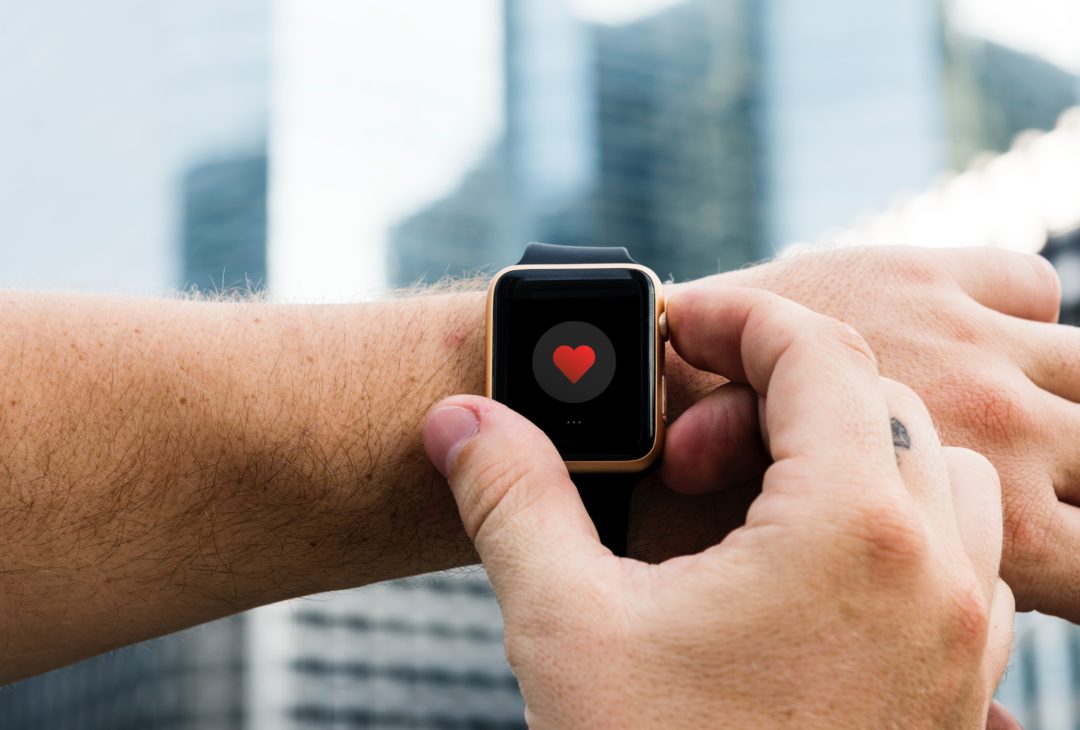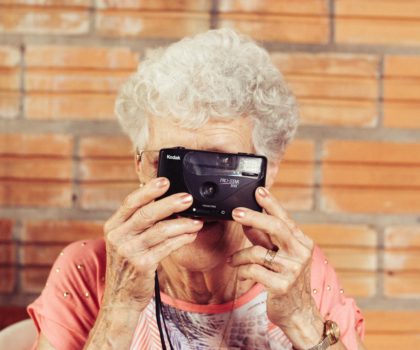Providing your elderly loved one with a medical alert could conceivably save their life. Many seniors have experienced falls in their own home, rendering them unable to get to a phone and call for help for hours or even days, yet a simple medical alert device could have allowed them to get help almost immediately. In the interest of peace of mind for you and the safety of your loved one, you should definitely look into a medical alert system.
Reasons Seniors Should Have a Medical Alert
Unfortunately, falls are relatively common among seniors, and a fall can be very serious, requiring hospitalization and a long convalescence. Many of the long-term and more serious effects of a fall are due to the fact that the senior cannot reach a phone, so they may not be found following a fall for hours, or even days. This time lapse can severely compromise the health of an elderly person, and increase the chance of serious complications because of the fall.
Other than falls, seniors with chronic illnesses can have health crises which require medical attention, yet may be unable to reach a phone. Having a medical alert system allows the diabetic to simply push a button when they feel themselves getting ill more quickly than they can make a phone call. For the senior who is having chest pains and may be unable to get to a phone, the medical alert can potentially save their life. Other situations such as bad weather or even a suspicious person outside the senior’s door can be handled quickly and efficiently with one touch of the medical alert button.
How to Find the Best Medical Alert System
Before you purchase a medical alert system there are some important questions to answer. Ask the company what their response time is – the call center should be speaking to the elderly person in less than 30 seconds from when the button is pushed. Find out where the actual call center is located; you don’t want your parent having to speak to someone who is not in the United States and may not speak fluent English.
Ask about installation and whether as the caregiver you will have to install the components yourself, or if the company provides a trained installer. Some systems are as simple as plugging in and pushing a button, but not all are this easy. Make sure you get a reasonable warranty on the equipment so you don’t end up with unusable or faulty equipment which is not guaranteed by the company. If your senior spends a lot of time outside, you will definitely want to check the range of the system and make sure the device responds at the appropriate distance.
What a Medical Alert System Consists Of
Basically most emergency alert systems consist of a two-way communicator which allows the senior to simply push a button during an emergency and reach an emergency response person.
The emergency response personnel will then send help as well as notify designated relatives. The devices are either worn on a cord around the neck, on the wrist, like a watch, or on a belt clip. The medical alerts are waterproof, so can be worn in the bath or shower or while swimming, and have a battery life of three to five years. Most medical alert devices have a large red button, about the size of a quarter, which is pushed during an emergency.
Cost of a Medical Alert System
A medical alert system can cost anywhere from $25 to $75, depending on the specific services you choose. Make sure you find a reliable and trustworthy provider by asking for recommendations from close friends and family, or even your family doctor. Some communities will have non-profit organizations which will offer a medical alert system at no cost to seniors as a community service.
Medical Alert and Your Peace of Mind
Many seniors are still independent enough and healthy enough to live alone. However, anyone who is at risk of falling or having an unexpected medical condition which would effectively prevent them from getting to a phone and calling 911 should have a medical alert system.





